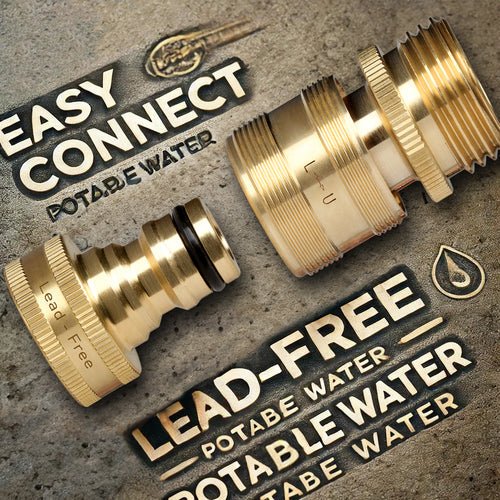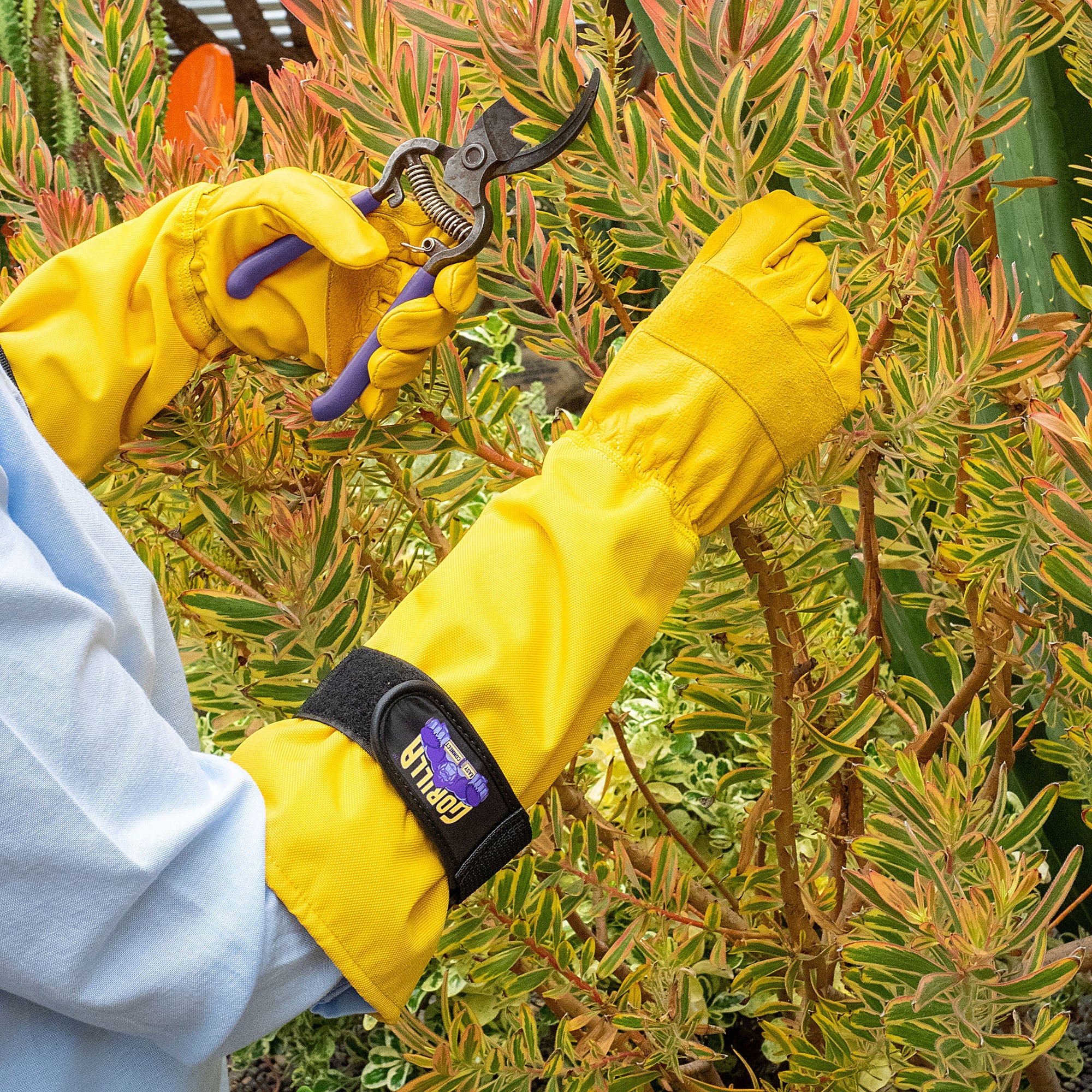
Organic gardening is a rewarding practice that prioritizes the health of the environment, plants, and ultimately, the consumer. As awareness of food safety and environmental issues increases, gardeners are becoming more mindful of the materials they use in their gardens. One critical area of focus is the use of connectors for hoses and irrigation systems. Using lead-free connectors is essential for any organic gardener committed to maintaining a safe and healthy gardening environment. Here’s why.
Understanding the Risks of Lead Contamination
Lead is a toxic heavy metal that poses significant health risks, particularly to vulnerable populations such as children and pregnant women. When used in garden hose connectors, lead can leach into the water supply, contaminating the very water used to nourish plants and vegetables. This contamination can occur through various mechanisms, including corrosion and wear over time, especially when exposed to sunlight and moisture.
In organic gardening, where the goal is to cultivate plants free from synthetic pesticides and fertilizers, the introduction of lead creates an unnecessary risk. Consuming vegetables watered with contaminated water can lead to lead accumulation in the body, causing serious health issues over time. Therefore, choosing lead-free connectors is a proactive step toward ensuring food safety.
Environmental Impact
Beyond human health, lead poses risks to the environment as well. Lead can seep into the soil and waterways, affecting not just the garden but the surrounding ecosystem. As gardeners, it is our responsibility to protect the environment and contribute to its health. Using lead-free connectors is a small yet significant way to minimize our impact on the planet.
Organic gardening is often associated with practices that encourage biodiversity, healthy soil, and clean water. By opting for lead-free options, gardeners can align their practices with these principles, supporting the ecosystem rather than harming it.
Advantages of Lead-Free Connectors
Safety: The primary advantage of using lead-free garden hose connectors is the assurance of safety. These connectors are typically made from materials such as brass, stainless steel, or plastic that do not contain harmful levels of lead. This ensures that your water supply remains clean and safe for both plants and human consumption.
Durability: Lead-free connectors often boast superior durability. Materials like stainless steel resist corrosion and wear better than traditional lead-based options, meaning they last longer and require less frequent replacement. This durability translates to cost savings in the long run, as gardeners won’t have to continuously replace worn-out connectors.
Compatibility: Lead-free connectors are designed to fit standard garden hoses and irrigation systems. This means gardeners can easily find compatible products without compromising quality or safety. Many manufacturers have responded to the growing demand for safe gardening supplies by offering a variety of lead-free connectors in different shapes and sizes.
Peace of Mind: Knowing that the connectors you’re using are lead-free provides peace of mind. Gardeners can tend to their plants and enjoy the fruits of their labor without worrying about potential contamination. This psychological benefit is often overlooked but is an important aspect of sustainable gardening. Using Type 304 Stainless Steel Garden Hose Connectors further enhances this peace of mind, as they are not only durable and resistant to corrosion but also free from harmful substances, ensuring that your gardening practices remain safe and eco-friendly.
Conclusion
Incorporating lead-free connectors into your organic gardening practices is not just a matter of preference; it's a responsibility. By making this simple switch, you can ensure that your garden remains free from harmful contaminants, protect the environment, and promote healthier eating habits for you and your family.
As consumers become increasingly aware of the impacts of their choices, the demand for lead-free gardening products will likely continue to grow. Choosing lead-free connectors is a proactive step toward not only protecting personal health but also contributing to a more sustainable and environmentally friendly gardening practice. The importance of using lead-free connectors in organic gardening cannot be overstated; it’s a small change that can lead to significant benefits for both individuals and the planet.


